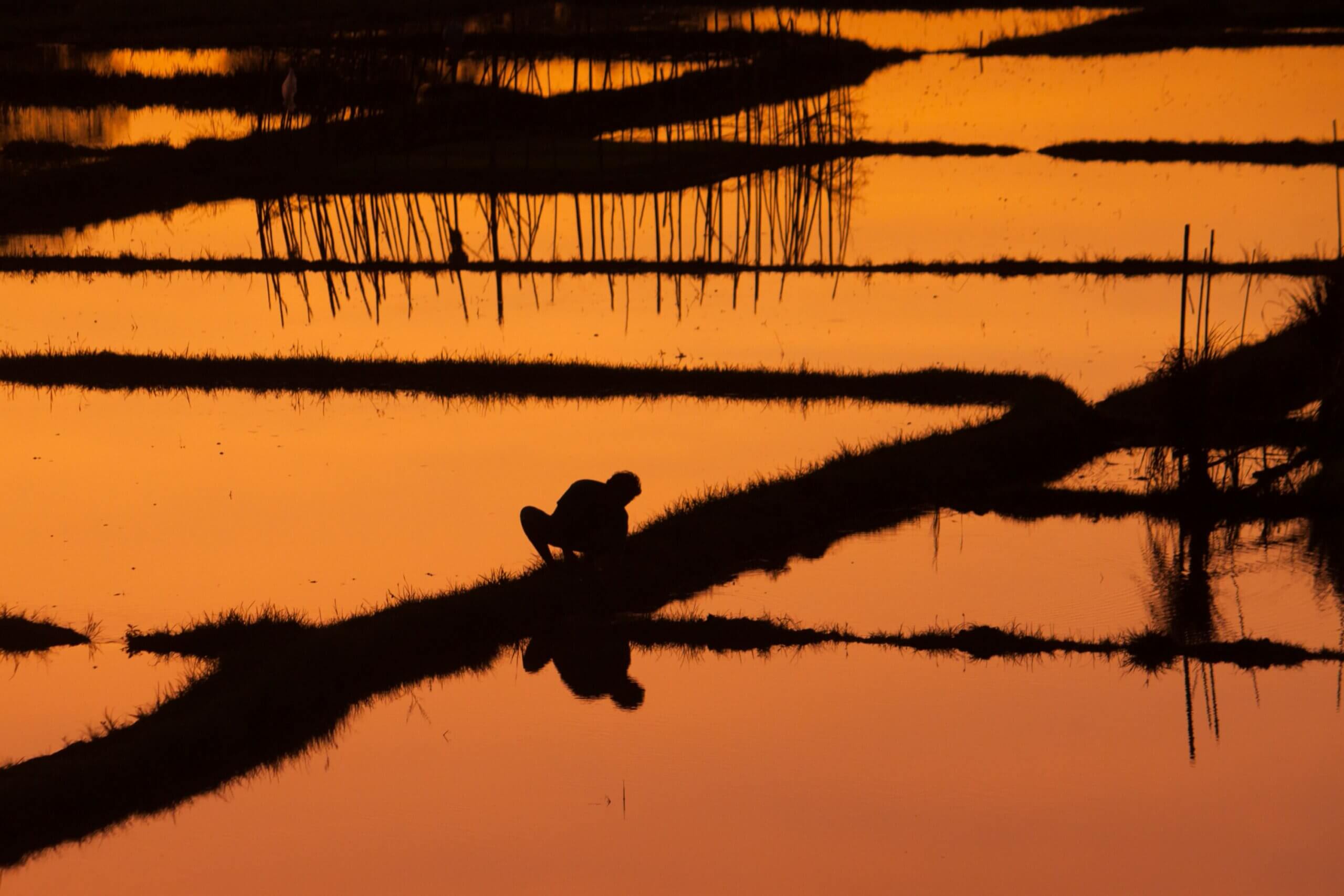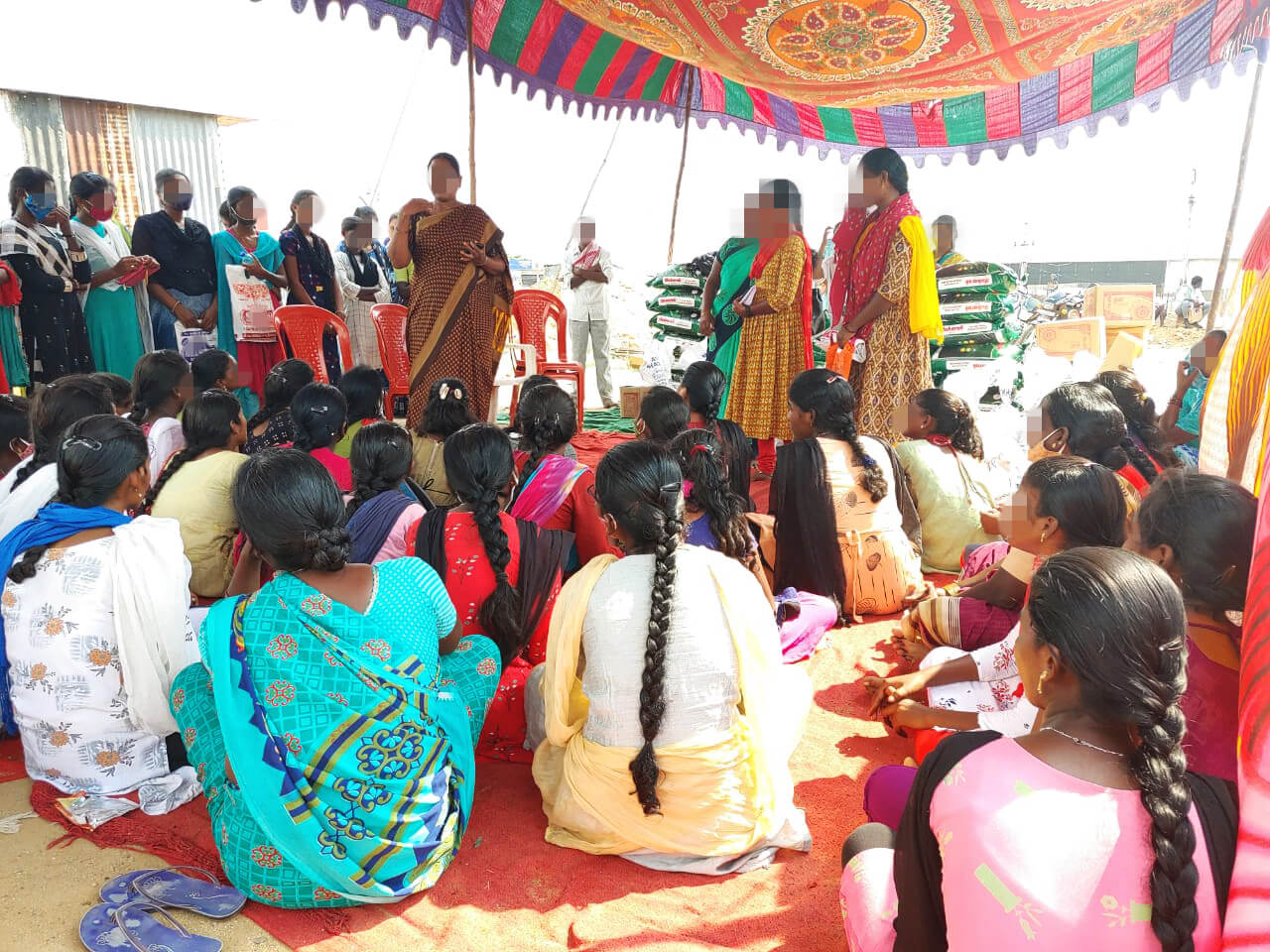Throughout a few of our rescue nations, we encounter children being sexually abused in exchange for food or income for necessities. Even though there are rarely pimps or traffickers involved, these situations fall within the globally accepted definition of human trafficking – which states that any child paid for a sex act is the victim of human trafficking¹.
Child Rescue refers to these as ‘survival’ rescues which account for about 87% of rescues in one of our South Asian rescue nations. In 2021, over one thousand children were rescued from survival situations across all of our rescue nations, accounting for 43% of our total rescues.
Desperate survival situations
Our teams in this country encounter children from various heartbreaking circumstances but find common themes throughout their stories.
Due to illness or the loss of a parent, sometimes a child is her family’s breadwinner. If she lacks education and skills, selling her body becomes the only way she can feed her family.
In other cases, men in a community might notice a young girl from an especially impoverished family and begin to prey on her, giving the family money in exchange for their compliance.
Some children work daily labor jobs where their boss or co-workers begin to sexually exploit them knowing the child is too poor to press charges or find different work.

Photo of field worker courtesy of Boglarka Mazsi on Unsplash
In almost every case, a child and her family are vulnerable due to poverty and lack of training or skills. Exploitation might also continue unchecked because, culturally, there is a general lack of confidence in defending the rights of women and children.
Family focus
Although we have residential shelters available, families of survivors in this region opt for community care almost nine times out of ten. Our programmes lean into the key areas of vulnerability and offer solutions that empower whole families and meet the crucial needs of survivors.
Community care keeps the family unit intact and provides multiple benefits. Families are wary of human trafficking schemes and many are uneasy about letting their daughters leave their village to enter our home. Relocating a child away from her family can create another rift of emotional pain for her to work through. Another benefit to community care is the impact it allows our programme and staff to have on a whole family, not just an individual survivor.
“I LEARNT HOW TO MANAGE MY TIME AND BOOST MY CONFIDENCE TO FACE LIFE”
Emotional health
Once a child is rescued and her family agrees to enroll her in our community care programme, she attends a week-long trauma-rehablitation programme called Empower. Our caseworkers run these programmes in various locations to ensure they are accessible to children in rural villages.
This programme has a profound impact on children. One 16-year-old survivor said, “I learnt to be strong emotionally and respond to a situation instead of reacting. I learnt how to manage my time and boost my confidence to face life.”
In addition to the Empower programme, the survivor and her family receive awareness and prevention training about sexual harassment and abuse. Families are empowered with knowledge about women’s and children’s rights and given tools to stand up for themselves and their children.

Sexual abuse prevention training during a community care food drop event
Practical support
Because food insecurity pushes many children into sexual exploitation, our program combats this directly with monthly food packages for each survivor. These packages keep food on the table while caseworkers help the family find and achieve a safer way to earn an income.
Vocational training is a key final component of a freedom plan. If a survivor is pursuing her education, our programs provide training to a family member of working age to help stabilize their income and empower the child to attend school.
Meeting critical needs and creating opportunities are both crucial to addressing the vulnerabilities that lead to a child’s exploitation.

 US & International
US & International Australia
Australia United Kingdom
United Kingdom